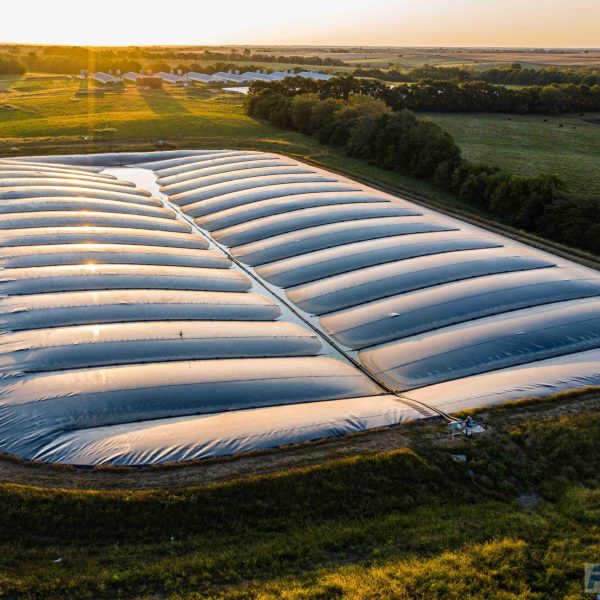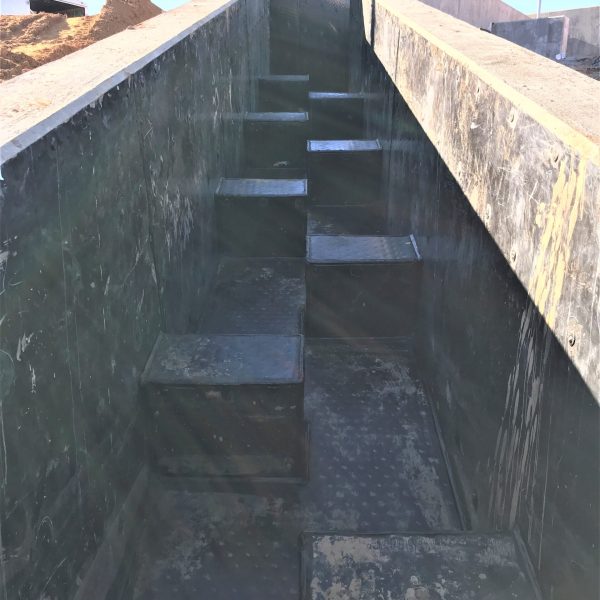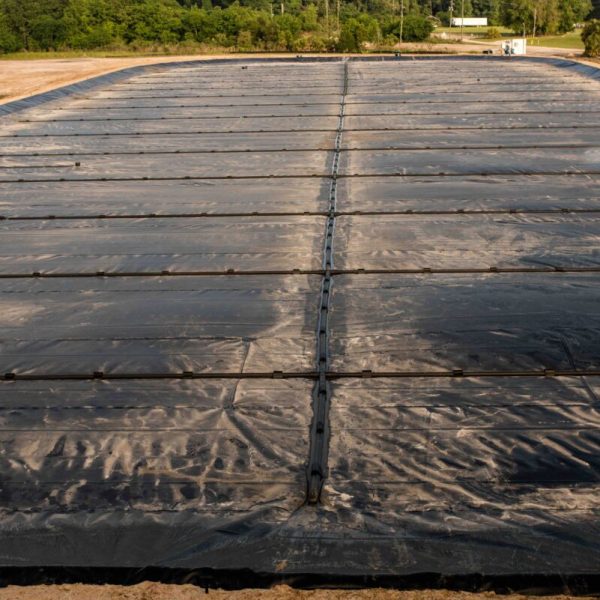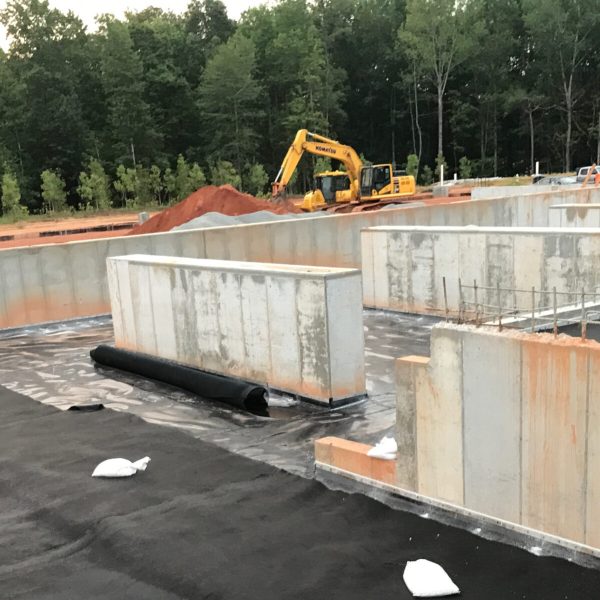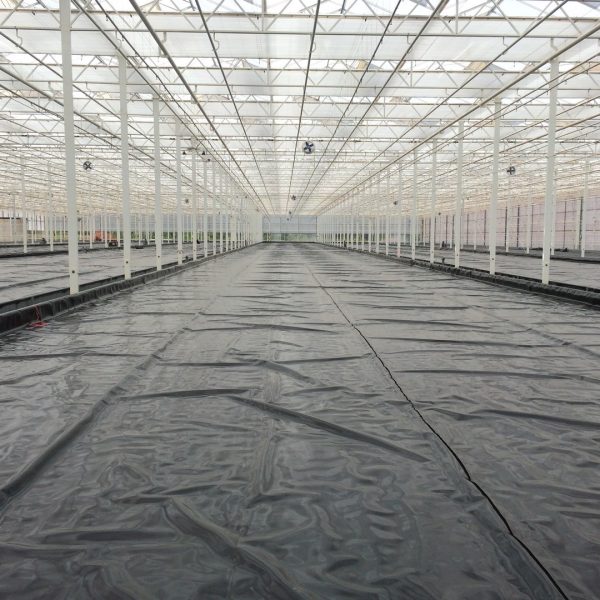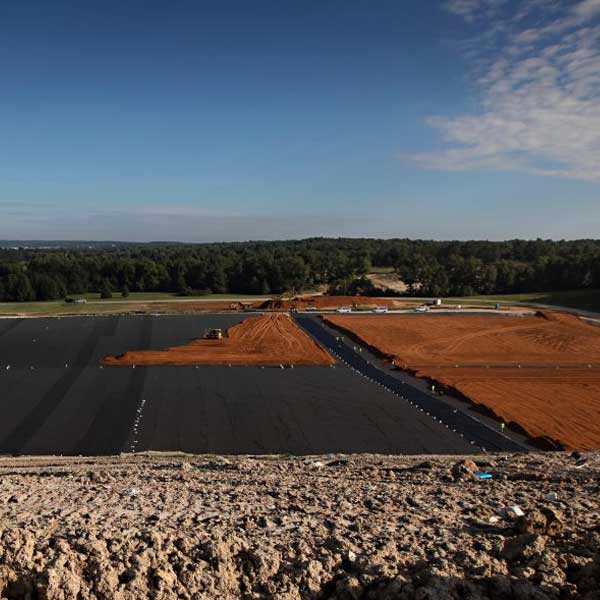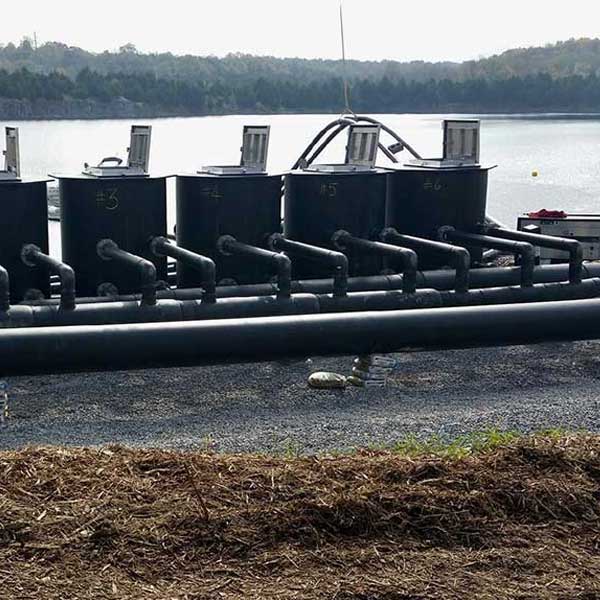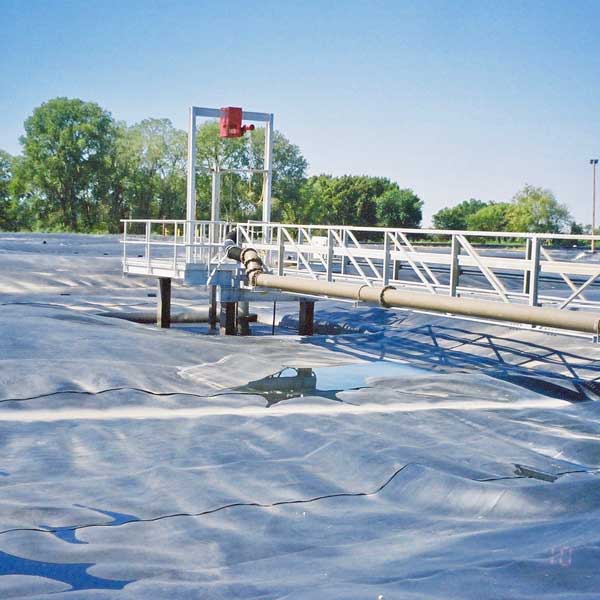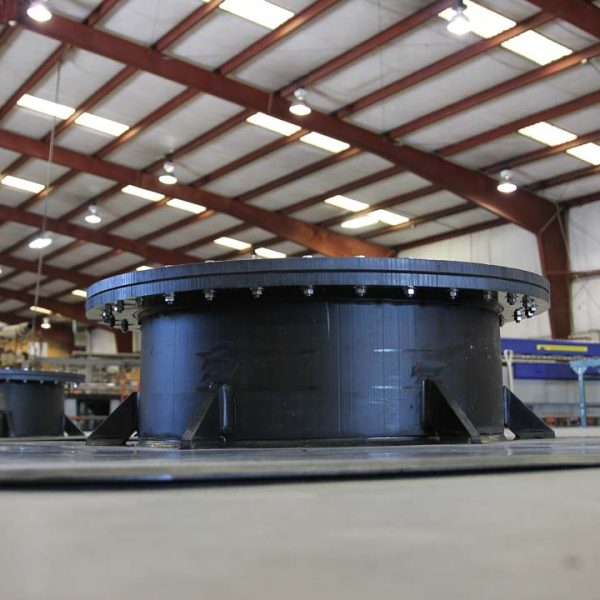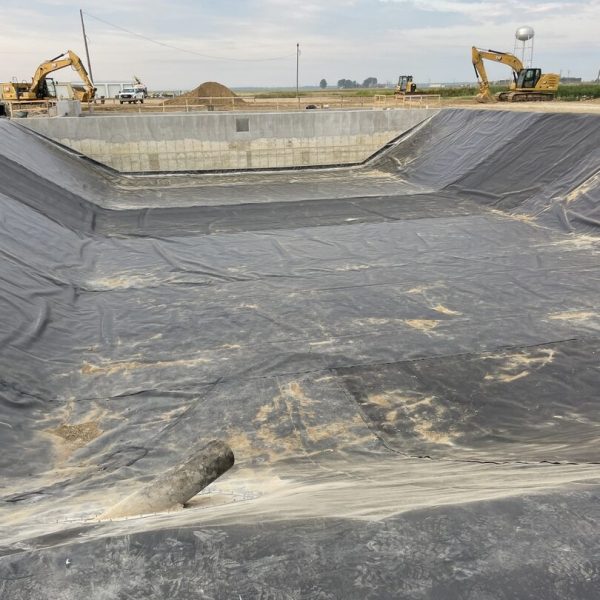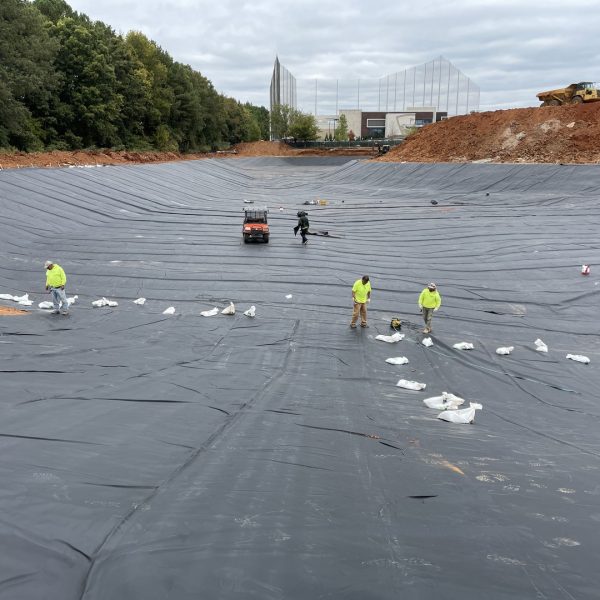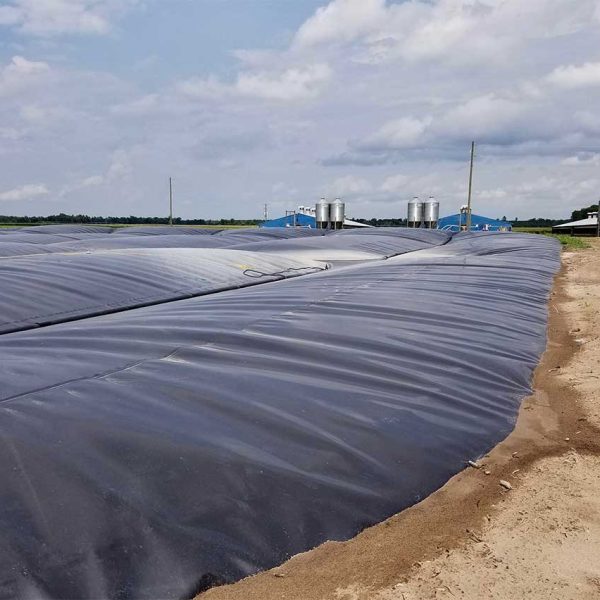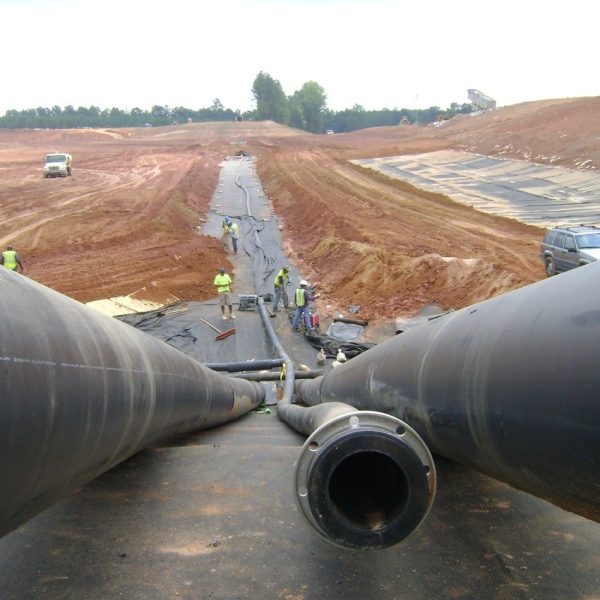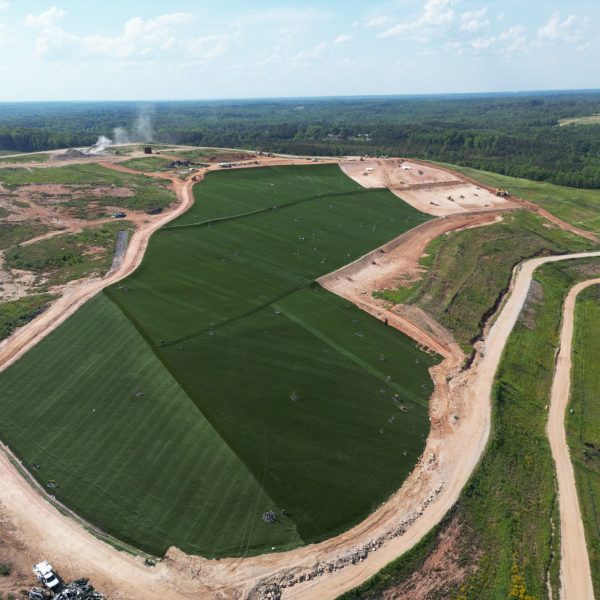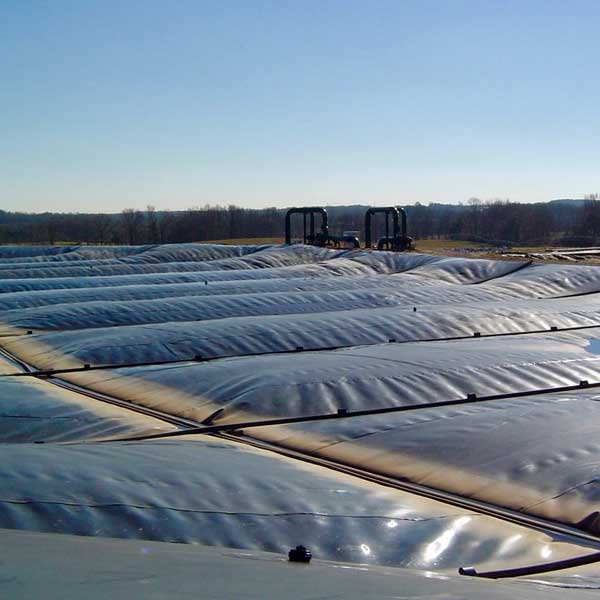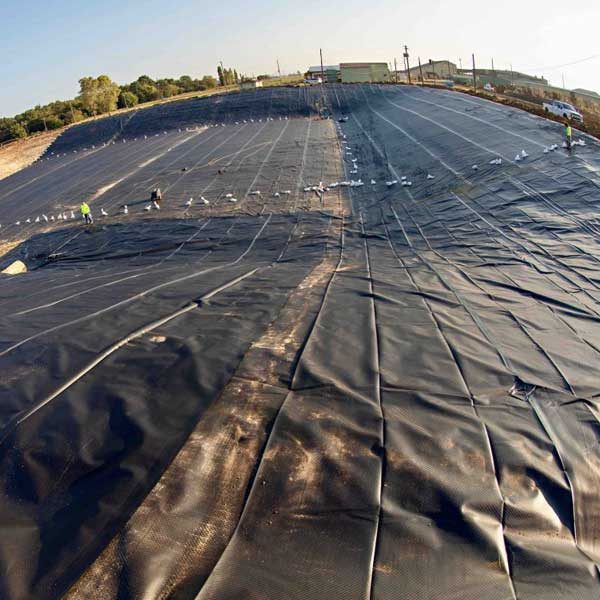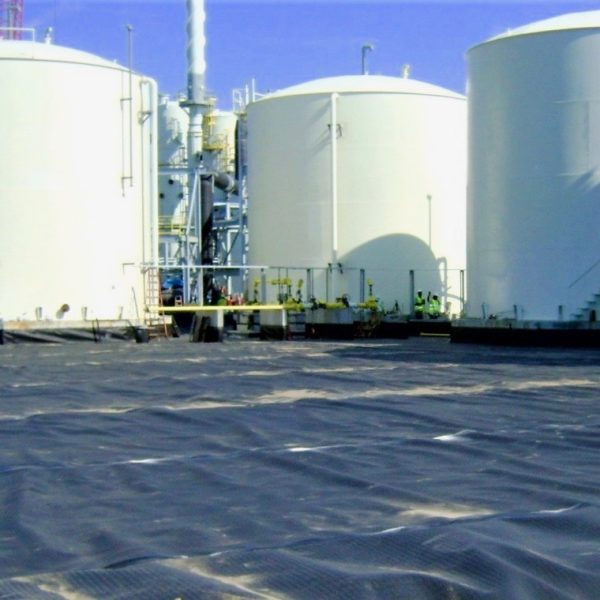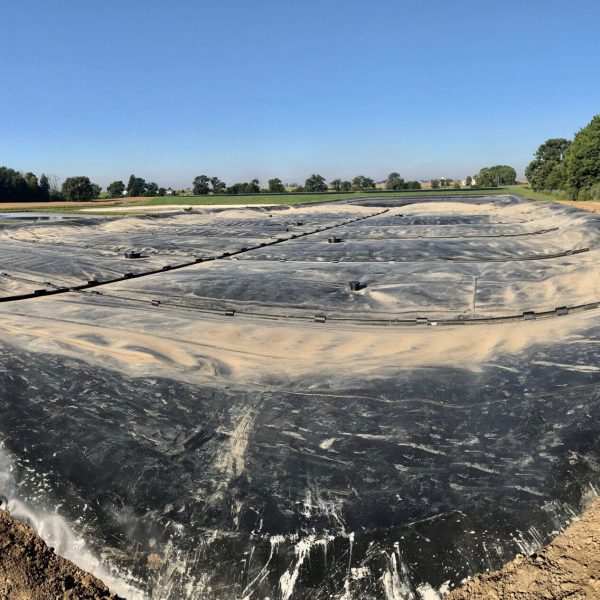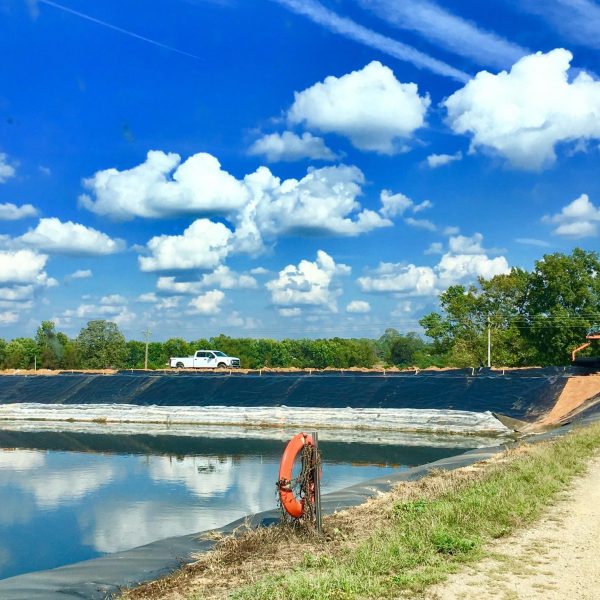manure storage liner installation
CONTACT NOW FOR FREE CONSULTATION

















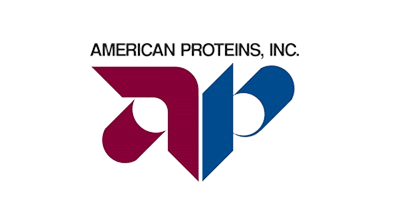










Liner Systems
Plastic Fusion has been installing geosynthetic containment systems for more than 40 years.
Anaerobic Digester Covers
We design and install HDPE cover systems for anaerobic digesters and are a pioneer in anaerobic digester lagoons for biogas collection and conversion to Renewable Natural Gas (RNG).
Concrete Protective Liners
Plastic Fusion is a leader in the installation of concrete protective liners in industrial tanks and storage facilities, wastewater treatment tanks, and chemical processing plants.
Piping Systems
Our custom fabricated piping systems meet even the toughest handling requirements. Materials offer long-term chemical resistance and environmental containment.
Liner Systems
Plastic Fusion has been installing geosynthetic containment systems for more than 40 years.
Anaerobic Digester Covers
We design and install HDPE cover systems for anaerobic digesters and are a pioneer in anaerobic digester lagoons for biogas collection and conversion to Renewable Natural Gas (RNG).
Concrete Protective Liners
Plastic Fusion is a leader in the installation of concrete protective liners in industrial tanks and storage facilities, wastewater treatment tanks, and chemical processing plants.
Piping Systems
Our custom fabricated piping systems meet even the toughest handling requirements. Materials offer long-term chemical resistance and environmental containment.
manure pit covers
Installing a manure storage liner involves preparing the site, ensuring a smooth and stable base, and securing the liner to prevent leaks. High-quality HDPE, PVC, or clay liners are used to contain manure and prevent groundwater contamination. Proper welding, sealing, and anchoring are essential for long-term durability and compliance.
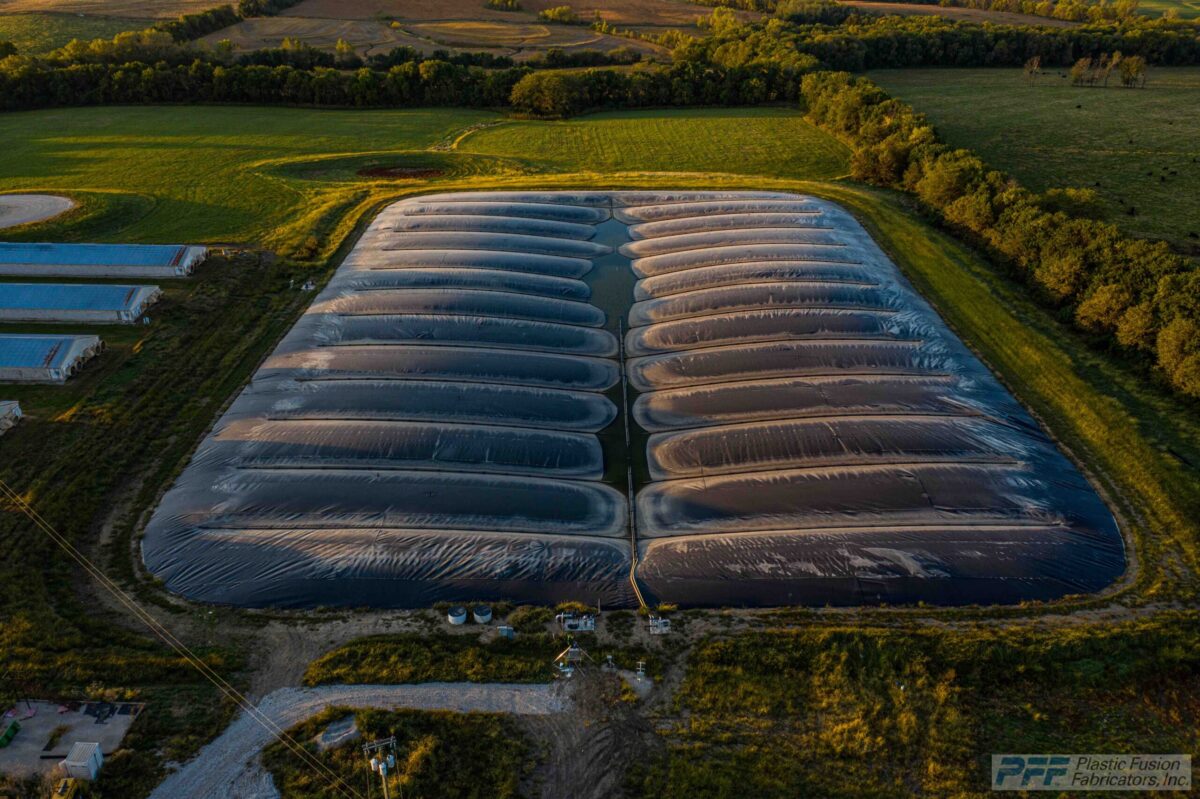
Read more
What Is a Manure Lagoon?
A manure lagoon is a large, engineered pond designed to store and treat animal waste, primarily from livestock farms. These lagoons allow for the natural breakdown of manure through biological processes before it is used as fertilizer or safely disposed of.How Do Manure Lagoons Work?
Manure lagoons hold liquid waste and allow anaerobic bacteria to break down the organic matter. This process reduces the volume of solids and minimizes odors, making the waste more manageable.What Are Manure Ponds Used For?
Like lagoons, manure ponds are used to store and treat livestock waste. They play a crucial role in managing agricultural runoff and preventing direct contamination of local waterways.What Are the Environmental Concerns with Manure Lagoons?
While manure lagoons are effective in waste management, they pose environmental risks if not properly maintained. Issues like lagoon leakage, overflow during heavy rains, and methane emissions can significantly impact soil, water, and air quality.Where Are Manure Lagoons Commonly Found?
Manure lagoons are commonly found on large livestock farms, particularly in regions with intensive animal agriculture, such as dairy or swine farms. They manage the substantial volume of waste produced by these operations.What Are Manure Pit Covers Used For?
Manure pit covers help reduce odor, evaporation, and gas emissions from manure storage facilities. They also minimize rainwater infiltration, preventing overflow and contamination of surrounding land and water sources.
What Are the Benefits of Manure Storage Covers?
Using manure storage covers helps:



What Is the Purpose of a Manure Lagoon Cover?
A manure lagoon cover is installed over an open lagoon to:



What Is a Manure Pond?
A manure pond is a small-scale manure storage facility, similar to a manure lagoon, but often used for temporary waste containment before treatment or disposal.
How Do You Dispose of a Manure Containment Liner?
Manure containment liner disposal depends on the material used. Some liners, like synthetic membranes, can be recycled or landfilled, while clay-based liners may be broken down and reused. Always follow local environmental regulations for safe disposal.
What Are Manure Tanks and Their Liners Used For?
Manure tanks are enclosed storage units that hold liquid or semi-solid manure. A manure tank liner prevents leaks and extends the tank’s lifespan, ensuring safe and efficient waste management.
What Is a Poop Lagoon?
A poop lagoon (another term for a manure lagoon) is a waste management system used in livestock farms to store and treat animal waste. These lagoons help break down manure naturally, reducing its environmental impact before land application.

